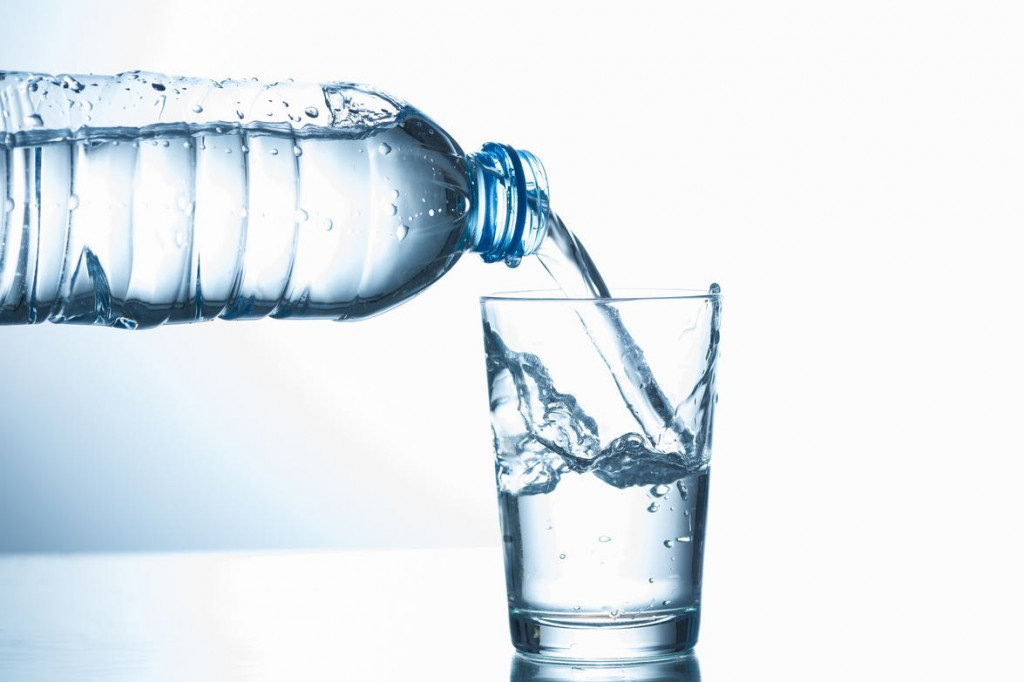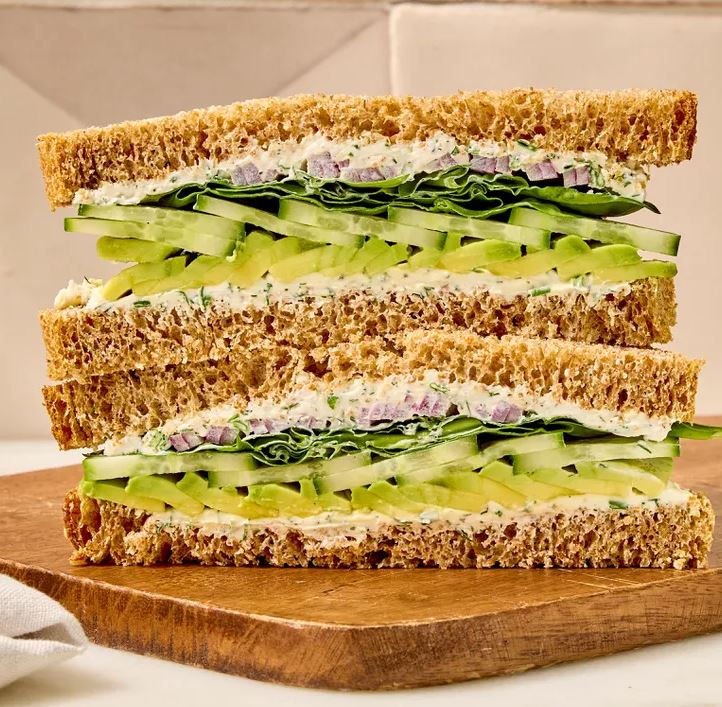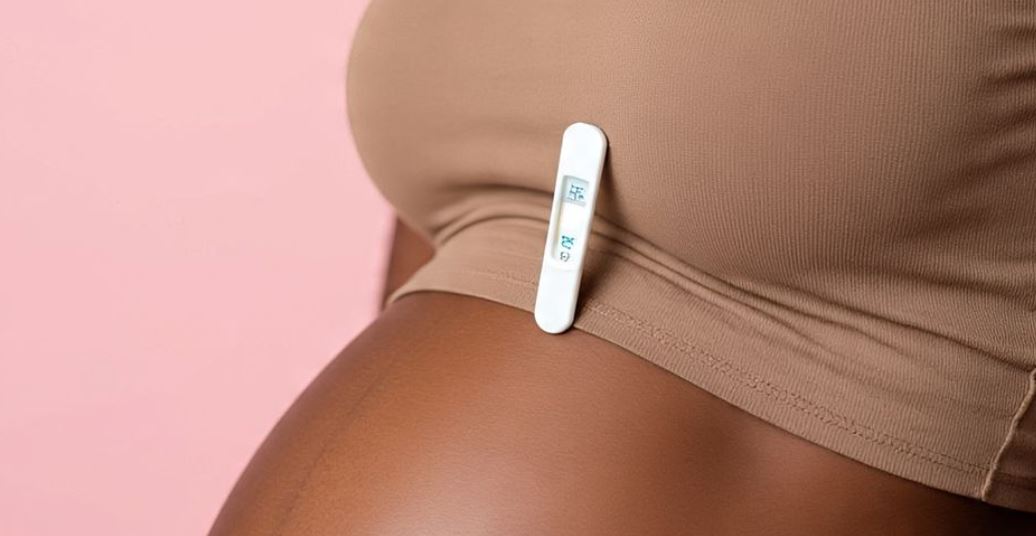Water is important for good health and, since about 60% of the human body is actually water, it needs to maintain hydration levels to fuel cells and keep the brain and body functioning.
Water is super, super important for good health and, really, it helps with everything. Since about 60% of the human body is actually water, it needs to maintain hydration levels to fuel cells and keep the brain and body functioning.
And while you can get water both from foods (especially those with high water content, such as cucumbers, watermelon, bell peppers and tomatoes) and, of course, from a glass, many of us aren’t drinking nearly enough daily.
Some are even drinking dehydrating sources, like booze, which can strip the body of hydration too. (Beyond slowing down intoxication, that’s another reason why it’s smart to pair an alcoholic beverage with a glass of water.)
So, what happens if you don’t drink enough? Here are some potential side effects of not getting enough water.
Low Energy
When dehydrated, you might notice your energy levels plummet, as water helps keep your mind alert and the body balanced.
If you’re not drinking plenty during the day, that afternoon slump will hit even harder, and you might feel too tired to continue with work or make it to your evening workout.
Keep a water bottle on hand to remind you to drink throughout the day consistently.
Higher Risk of Stroke
According to a study in BMC Cardiovascular Disorders, not drinking enough water and being dehydrated can raise the risk of strokes and prolong recovery time, if you’ve had one.
So, to keep your heart in tip-top shape, pay attention to how much you’re drinking. If your pee is yellow or you feel faint, drink some water pronto.
Slower Metabolism
That’s right, your metabolism also naturally slows down when you’re thirsty.
As studies have shown; 17 ounces of water (around two glasses) can increase the metabolism by 30%, which is substantial when you’re looking to lose weight.
Headaches
Since your brain needs water; lack of water can lead to headaches and fatigue.
So, before taking medication, have some water first and rest. That head pain might go away without you needing to take any other measures.
As studies have shown; 17 ounces of water (around two glasses) can increase the metabolism by 30%.
Poor Skin
Skin needs to stay hydrated from water to look dewy and young.
Not drinking enough can increase the effects of ageing and make skin look drier, flakier, wrinklier and just not as fresh as you’d like.
With insufficient water, collagen can crack, leading to fine lines and wrinkles.
That’s why people need moisturizing, hydrating products in a skin-care regimen to complement their water intake for that supple, soft look.
Weight Gain
While a little gain isn’t really dangerous, if it continues over time or is in the belly region, in particular, that gain can put you at risk for various chronic diseases, such as diabetes, heart disease and more.
Drinking water can even help you lose weight and lower water retention.
And likely you’ll consume fewer calories from filling up on good old liquid and preventing confusion between hunger and thirst cues.
Over-eating
Sometimes we confuse thirst with hunger, so it’s smart to drink water when you feel a craving coming on instead of digging right into the cookie jar.
That’s why it’s a good idea to drink water before sitting down to a meal, as you may consume fewer calories and you’ll have a better sense of your hunger cues and appetite, as shown in some studies.
Water can prevent you from being super-hungry as you sit down to eat, and listening to your thirst and hunger cues can give you insight into what your body really wants.
Moodiness
Unless you want to isolate people at the office, get your drinking regimen in check, as dehydration can make you irritable and cranky, too.
Two studies that took place at the University of Connecticut studied both men and women on a series of cognitive tests, and they saw that being dehydrated led them to a bad mood, drowsiness and even headaches.
Weaker Workouts
When you’re sweating, you’re losing electrolytes and water, so it’s important to drink before, during and after working out to replenish lost stores.
As shown in a study in Physiological Reports, workouts might suffer from lack of water, and your body might not burn as much fat.

























